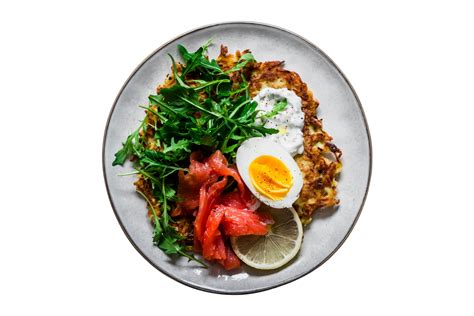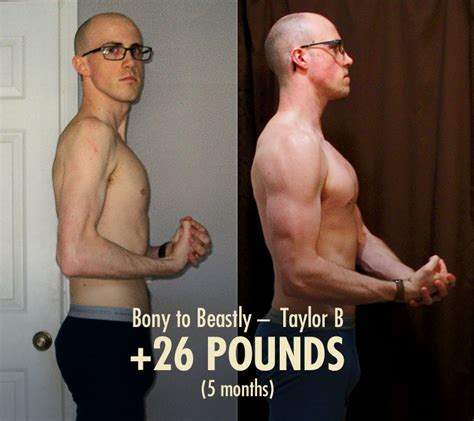For men aspiring to build maximum muscle, the journey is a finely tuned balance of intense strength training, precise nutritional intake, and adequate recovery. It’s not just about lifting heavy; it’s about strategic execution in every aspect of your lifestyle. This guide delves into the core principles that will help you unlock your full potential for hypertrophy.
The Pillars of Effective Strength Training
To stimulate muscle growth, your training must consistently challenge your body beyond its current capacity. This is where progressive overload becomes your best friend.
- Progressive Overload: This fundamental principle means continually increasing the demands on your muscles over time. This can be achieved by increasing weight, reps, sets, decreasing rest times, or improving technique. Without it, your muscles have no reason to grow.
- Compound Movements: Prioritize exercises that engage multiple joints and muscle groups simultaneously, such as squats, deadlifts, bench presses, overhead presses, and rows. These movements allow you to lift heavier weights, recruit more muscle fibers, and elicit a greater anabolic response.
- Optimal Rep Ranges & Volume: For hypertrophy, a rep range of 6-12 reps per set is generally most effective, performed for 3-5 sets per exercise. Ensure you’re training close to failure (RPE 7-9) to truly tax the muscle.

- Training Frequency: Aim to hit each major muscle group 2-3 times per week. This allows for sufficient stimulus and recovery time between sessions, optimizing protein synthesis.
- Mind-Muscle Connection: Don’t just lift the weight; feel the target muscle working throughout the entire range of motion. This focus can enhance muscle activation and growth.
Strategic Nutritional Habits for Hypertrophy
Muscle growth cannot occur without the right fuel. Your diet is just as, if not more, important than your time in the gym.
- Caloric Surplus: To build muscle, you must consume more calories than you burn. A modest surplus of 250-500 calories above maintenance is a good starting point to support growth without excessive fat gain.
- High Protein Intake: Protein is the building block of muscle. Aim for 1.6-2.2 grams of protein per kilogram of body weight daily (approximately 0.7-1 gram per pound). Distribute your protein intake evenly across meals throughout the day.
- Complex Carbohydrates: Carbs are your primary energy source for intense workouts and help replenish glycogen stores, which are crucial for recovery. Focus on whole grains, fruits, vegetables, and legumes.

- Healthy Fats: Essential for hormone production, nutrient absorption, and overall health. Include sources like avocados, nuts, seeds, olive oil, and fatty fish.
- Hydration: Water plays a vital role in muscle function, nutrient transport, and overall bodily processes. Ensure you are drinking plenty of water throughout the day, especially around your workouts.
- Meal Timing: While total daily intake is paramount, consuming a protein and carbohydrate-rich meal post-workout can aid in recovery and initiate muscle repair.
The Importance of Rest, Recovery, and Consistency
Muscle isn’t built in the gym; it’s built during recovery. Neglecting this crucial phase can stall your progress.
- Adequate Sleep: Aim for 7-9 hours of quality sleep per night. This is when your body produces the most growth hormone and testosterone, crucial for muscle repair and growth.
- Active Recovery: Light activity like walking, stretching, or foam rolling on rest days can improve blood flow and reduce muscle soreness, aiding faster recovery.
- Deload Weeks: Periodically, incorporate a deload week where you significantly reduce your training volume or intensity. This helps prevent overtraining, allows your body to fully recover, and can even lead to renewed progress.

Optimizing Supplementation (Optional but Helpful)
While supplements are not a substitute for a solid diet and training plan, some can offer a helpful edge.
- Creatine Monohydrate: One of the most researched and effective supplements for increasing strength, power, and muscle mass.
- Whey Protein: A convenient way to meet your daily protein targets, especially post-workout.
- BCAAs/EAAs: Can help with muscle protein synthesis and reduce muscle breakdown, especially during fasted training.
- Vitamin D and Omega-3s: Important for overall health, bone density, and inflammation reduction, indirectly supporting muscle growth.

Bringing It All Together for Maximum Gains
Achieving maximum muscle growth is a marathon, not a sprint. It requires a holistic approach where strength training, nutrition, and recovery are seamlessly integrated. Be consistent, be patient, and be disciplined. Track your progress in the gym, adjust your diet as needed, and listen to your body. By committing to these principles, men can effectively optimize their efforts and sculpt the powerful, muscular physique they desire.





